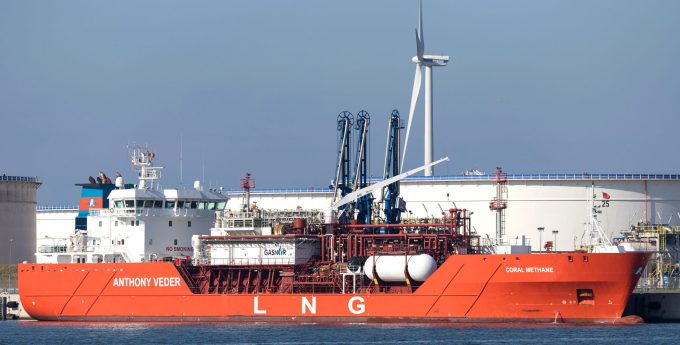NOCC adds third ‘ammonia-ready’ PCTC newbuild orderbook
Norwegian Car Carriers (NOCC) has added a third ‘ammonia-ready’ 7,000ceu LNG-powered ship to its two-vessel, ...

In its latest report on global warming, released today, the Intergovernmental Panel on Climate Change (IPCC) has highlighted mankind’s role in the changing climate, with average global temperatures in 2011-2020 at 1.1˚C higher than levels in 1850-1900.
Climate science has improved and the strength of the evidence requiring rapid decarbonisation has become increasingly difficult to resist, with shipping and aviation in the forefront of the debate around alternative fuels.
The IPCC’s Sixth Assessment Report reinforces many details already well known of the ...
Keep our news independent, by supporting The Loadstar
Container spot rates diverge: to Europe still falling, but firmer to the US
Volume surge and an early peak season? 'Don't celebrate too soon,' warning
Hapag-Lloyd won't take bookings if port congestion leaves cargo stranded
Ecommerce likely the front-runner in resurge of transpacific trade after deal
China-US trade tariff pause could drive a rebound for transpacific rates
Service chaos from trade ban with India a problem for Pakistan shippers
Airfreight rates ex-China 'loss-making', but hopes of a trade deal stay high

Comment on this article